Letters starting with “K”
KALEIDOSCOPE
- a tubular instrument containing loose bits of colored glass, plastic, etc. reflected by mirrors so that various symmetrical patterns appear when the tube is held to the eye and rotated
- anything that constantly changes, as in color and pattern
KINDRED
- [Archaic] kinship
- family or relatives; kin; kinfolk
- [Archaic] related by birth or common origin
- of like nature; similar/kindred spirits/
KINGDOM WITHIN
NOTE: enlightenment/kingdom
- the position, rank, or power of a king
- a government or country headed by a king or queen; monarchy
- a realm; domain; sphere/the kingdom of poetry/
- any of the three great divisions into which all natural objects have been classified (the animal, vegetable, and mineral kingdoms)
- the spiritual realm of God
- Biol. A major category in the classification of animals, plants, etc., ranking above a phylum or division: in some systems it ranks below a super kingdom: the Latinized kingdom names are Capitalized but not italicized (EX.: Monera, monerans)
- in or into the interior, on the inside; internally
- indoors
- inside the body, mind, heart, etc.; inwardly
- the inner part of; inside
- not beyond in distance, time, degree, range, scope, etc./within a mile, within one’s experience/
- inside the limits of/within the law/the inside or the interior
WITHIN:
KOCH
NOTE: Wikipedia, Encyclopedia Britanica, Biographical
- Robert Koch, in full Robert Heinrich Hermann Koch 1843 – 1910; Ger. Bacteriologist and physician. He astounded his parents at the age of five by telling them that he had, with the aid of the newspapers, taught himself to read, a feat which foreshadowed the intelligence and methodical persistence which were to be so characteristic of him in later life. Koch was a celebrated German physician and pioneering microbiologist. The founder of modern bacteriology, he was known for his role in identifying the specific causative agents of tuberculosis, cholera, and anthrax and for giving experimental support the concept of infectious disease. Koch created and improved laboratory technologies and techniques in the field of microbiology, and made key discoveries in public health. His research led to the creation of Koch’s postulates, a series of four generalized principles linking specific microorganisms to specific diseases that remain today the “gold standard” in medical microbiology. Koch received the Nobel Prize in Physiology of Medicine in 1905.























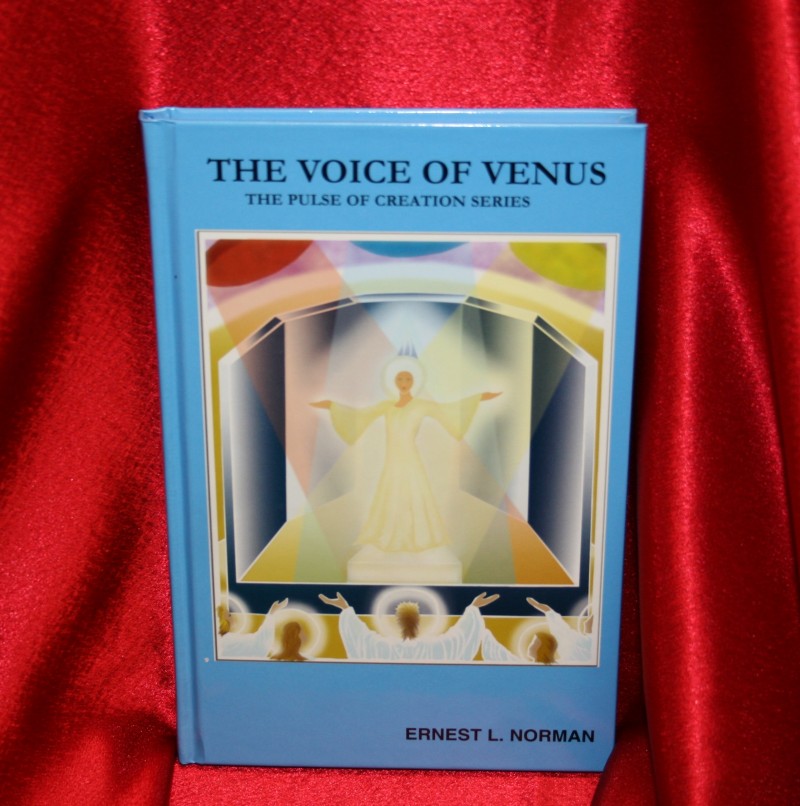


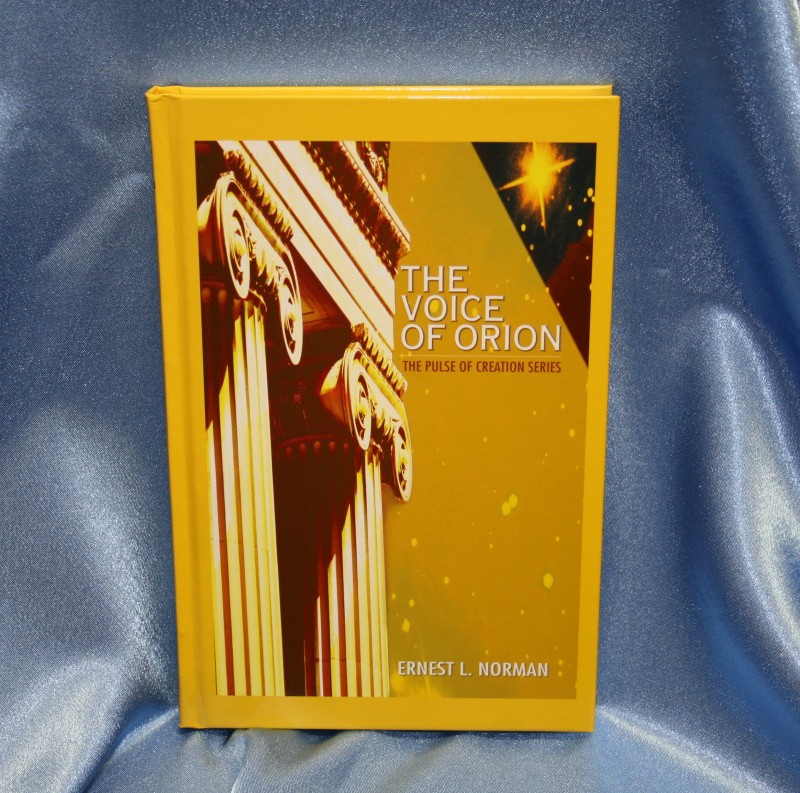
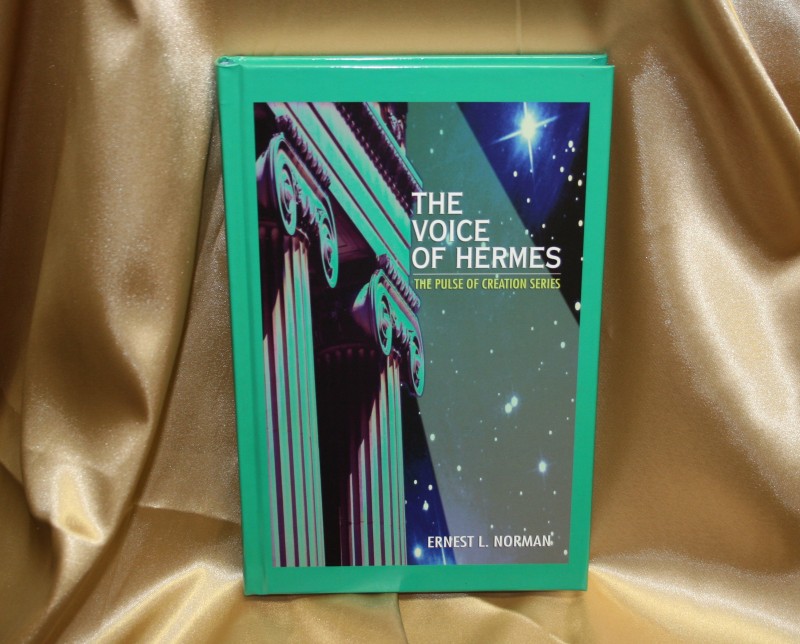
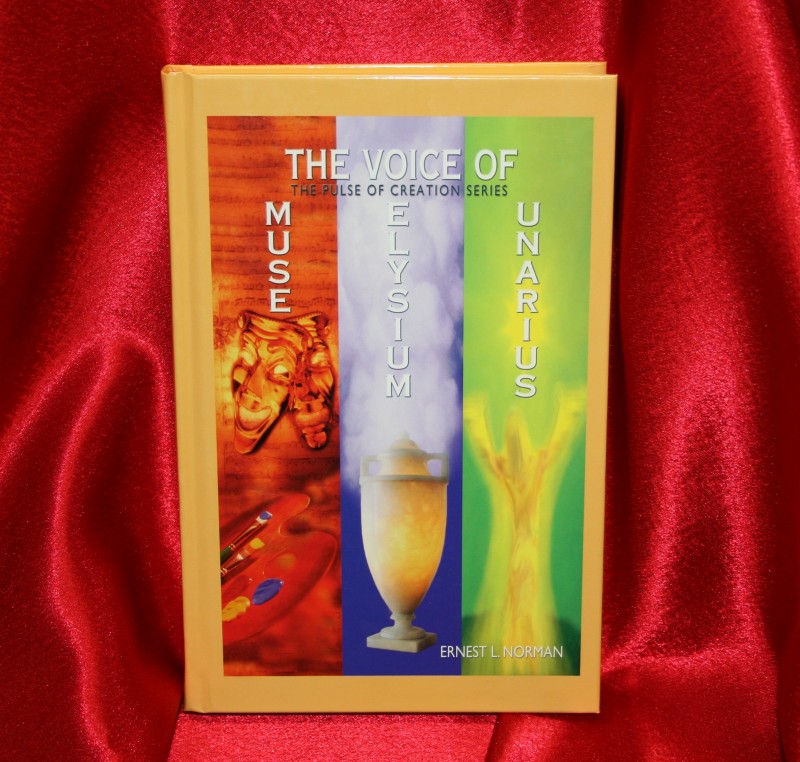
















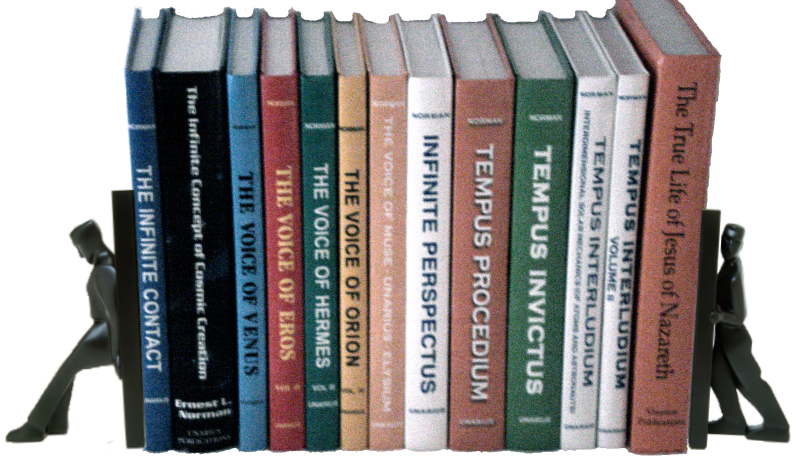

Recent Reflections…